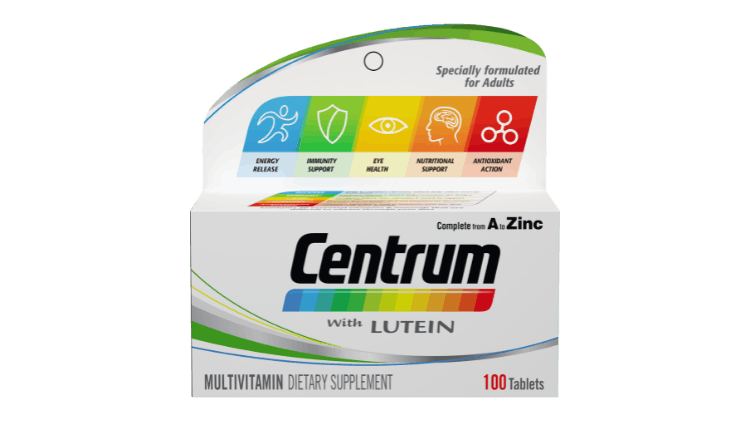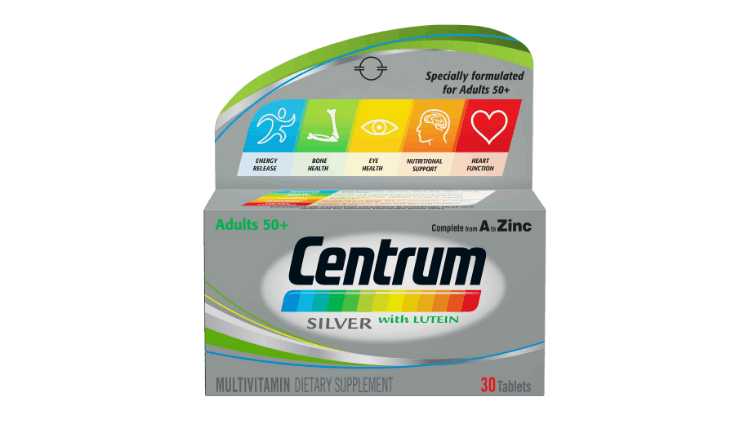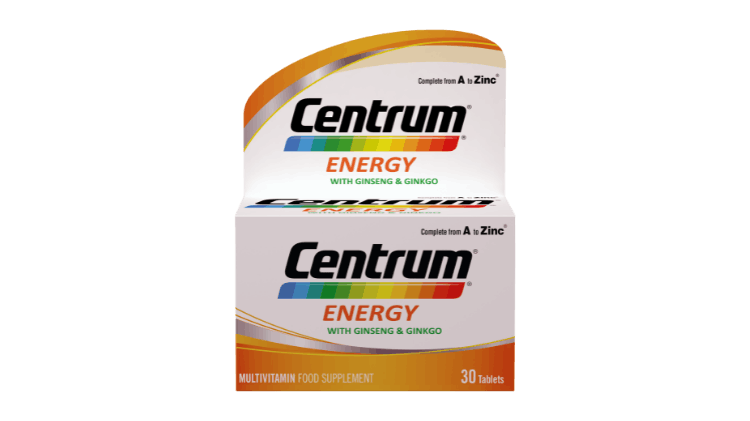Immune Health – Causes for Poor Immune Health

Nutrition and the impact on immune health
The immune system requires adequate macronutrients (protein, carbohydrate, and fat) and micronutrients (vitamins and minerals) to function properly. Several micronutrients are key to sufficient immunity. Vitamins A, C, D, E, B6, B9, B12, zinc, copper, iron, and selenium are involved in maintaining the integrity of physical barriers, differentiation and proliferation of immune cells, regulation of inflammatory responses, production of antibodies, and response to antigens.1
A poor diet is associated with inadequate micronutrient intake. Worldwide, an estimated two billion people are deficient in key vitamins and minerals that are involved in immunity.2.3 Even in developed countries with a relatively abundant and accessible food supply, such as the U.S., there are substantial, persistent gaps in key immune nutrients.
Malnutrition poses a greater challenge to the immune system at certain ages and stages of life, including pregnancy and lactation, when macronutrient and micronutrient needs increase.
Patients who follow a special diet may be missing out on key vitamins and minerals, including iron and zinc, which are critical for supporting the immune system.4 Chronic low-calorie dieters are at risk for several micronutrient deficiencies that affect immune function, while people with overweight and obesity often have lower micronutrient status compared to those at a healthy weight.5,6

Immune Health as you Age
Immunosenescence is age-related decline in immune function. It occurs at a time of life in when patients may also experience decreased nutrient absorption and metabolism, drug-nutrient interactions, and changes in smell and taste7 that may negatively affect their nutrient status, including a decline in the ability to absorb vitamin B12 from food and difficulty consuming adequate selenium, zinc, iodine, iron and copper.8,9

Impact on Patient quality of life
Impaired immune response induced by a poor diet increases the risk for infection. In turn, infection worsens macronutrient and micronutrient status by reducing intake through diminished appetite, increased nutrient losses, and by interfering with micronutrient utilization.10 This downward cycle can impede growth, development, and productivity, and have even more pronounced effects in patients who are already vulnerable to infectious illness, including pregnant women.
Compromised immune function in older people may result in reduced efficacy of vaccines.11 Research has shown lower vaccine immunogenicity of the influenza vaccine in the elderly, resulting in reduced levels of protection against infection12, and immunosenescence has the potential to negatively impact the effectiveness of vaccines. Changes in functioning and availability of T-cells and B-cells are believed to be key contributing factors to the age-related decline in immune response to vaccination.13
Understanding Immune Health
The Centrum Range

Centrum Adults Multivitamin
A daily Multivitamin supplement that helps bridge nutrient gaps.

Centrum Silver With Lutein
Help meet the nutritional needs of adults 50 years of age and older.

Centrum Energy
Centrum energy has higher levels of B- Vitamins and ginseng, with added gingko biloba to support daily energy needs.